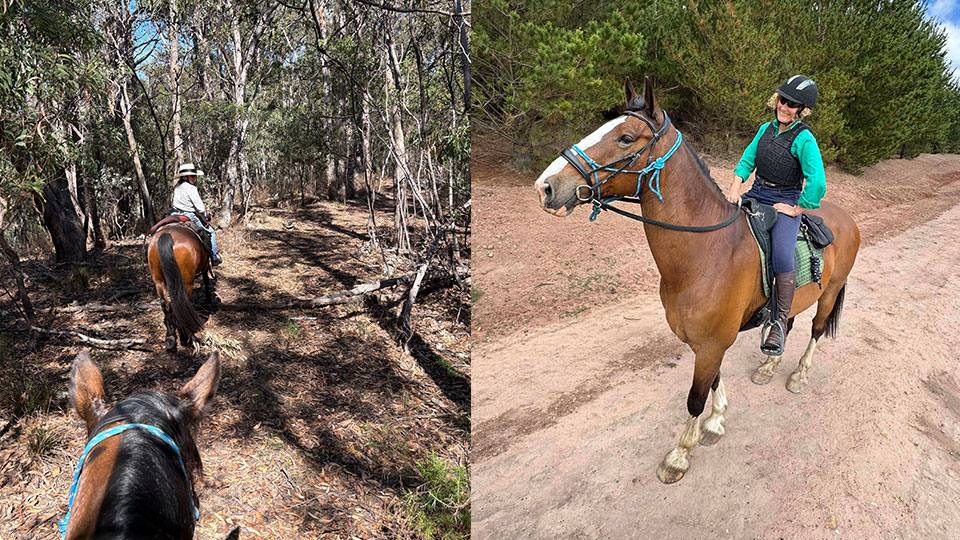
For decades, leadership has been built around expertise, authority, and having the right answers. Leaders have been promoted because of their knowledge and problem-solving ability. But in today’s fast-moving, complex workplaces, this model is breaking down.
The problem? Many leaders equate asking questions with weakness. When leaders hold on to all the answers, they become the bottleneck. Decisions slow, teams disengage, and innovation stalls. Leaders work harder and harder—yet often feel like they’re getting nowhere.
Gallup’s research shows that 70% of team engagement is driven by the manager*. And yet, many leaders unknowingly undermine engagement by over-directing and under-asking. They help too hard!

The shift from Leader Who Tells to Leader Who Asks
Great leaders don’t provide all the answers—they create the conditions for their teams to thrive. Instead of saying, ‘Here’s what we’re going to do,’ they ask, ‘What do you think our best approach is?’
When leaders shift from telling to asking, they build confidence and accountability in their teams. People step up. They solve problems. They take ownership.
If telling worked, your workload would be shrinking, not growing. The shift from Leader Who Tells to Leader Who Asks doesn’t mean abandoning direction—it means engaging your team more effectively.
Here’s a challenge: Next time someone comes to you with a problem, resist the urge to give the answer. Instead, ask: ‘What options have you considered?’ You might be surprised by what happens next.
STAY IN THE LOOP





